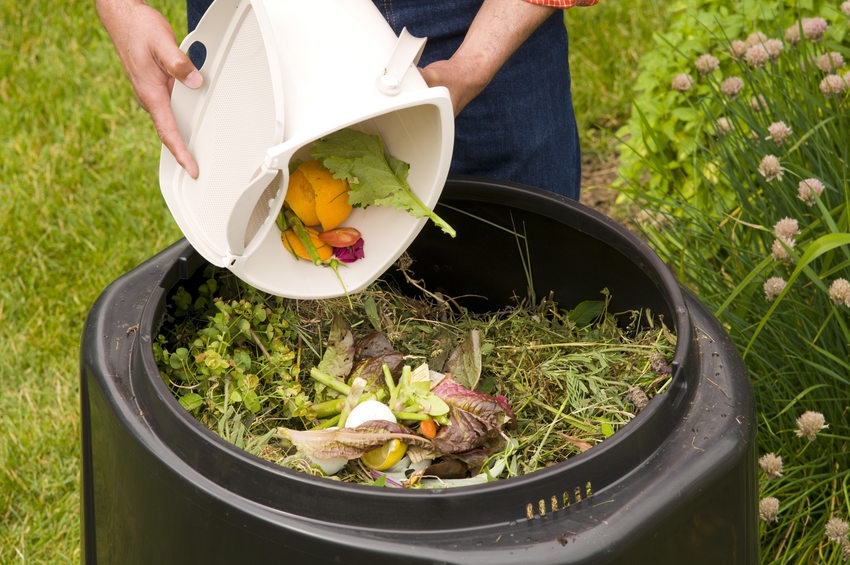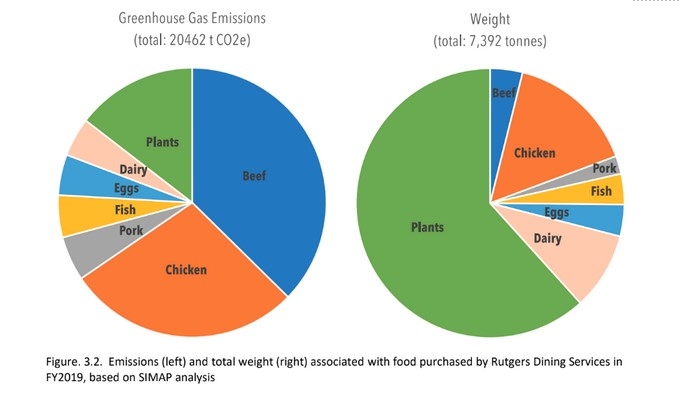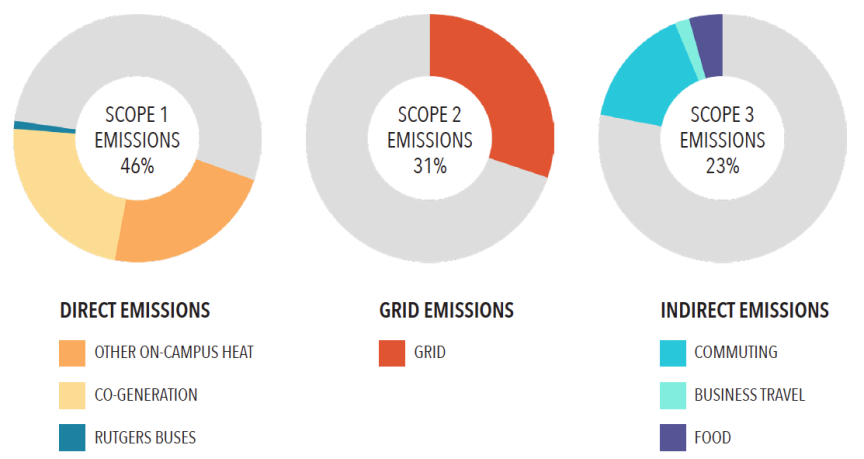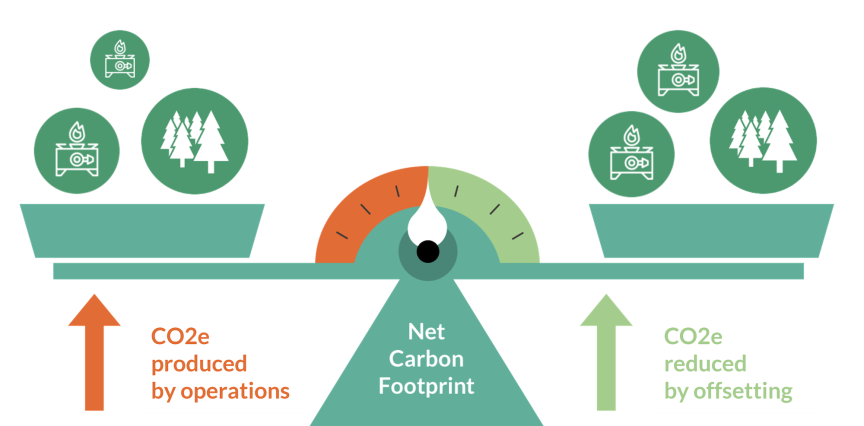By: Kelly Vaz Lima
A major issue throughout the holidays is waste. “Over 70 billion pounds of food waste reaches our landfills every year, contributing to methane emissions, wasting energy and resources across the food supply chain” said EPA Administrator Andrew Wheeler.
Scope 3: Emissions Tracking and Food
By: Andrew Saponara
Last month in Climate 101, we discussed the different emission classifications, scopes 1, 2, and 3. Of these, scope 3, which includes commuting, business travel, and food emissions, is the most difficult to track. Tracking emissions is crucial in helping Rutgers meet its climate goal of becoming carbon neutral by 2040. It will assess how much progress Rutgers has made toward achieving its goals and will help identify procedures that can be made more efficient.
Classifying Carbon Emissions: Scopes 1, 2, and 3
By: Katie Parrish
In the September edition of Climate 101, we discussed Rutgers’ commitment to achieving carbon neutrality by 2040. The first step in doing this is determining which emissions are attributed to Rutgers and how to track them. Greenhouse gas accounting uses the concept of ‘scopes’ to help organizations understand their emissions. There are three scopes, or level of responsibilities, for emissions – Scope 1, Scope 2, and Scope 3.
What Is Carbon Neutrality and What Does It Mean for Rutgers?
By: Stella Campbell
A recent poll from the Morning Consult found that most adults in the U.S. don’t know what the term “carbon neutral” means, and only 45% of self-identified environmentalists were able to correctly identify the exact meaning of the phrase. With Rutgers committed to achieving carbon neutrality by 2040 and becoming carbon-negative (removing more carbon dioxide than we are putting into the atmosphere) no later than the University’s 275th anniversary in 2041, it is worth starting off the year with a quick explanation of this terminology.















